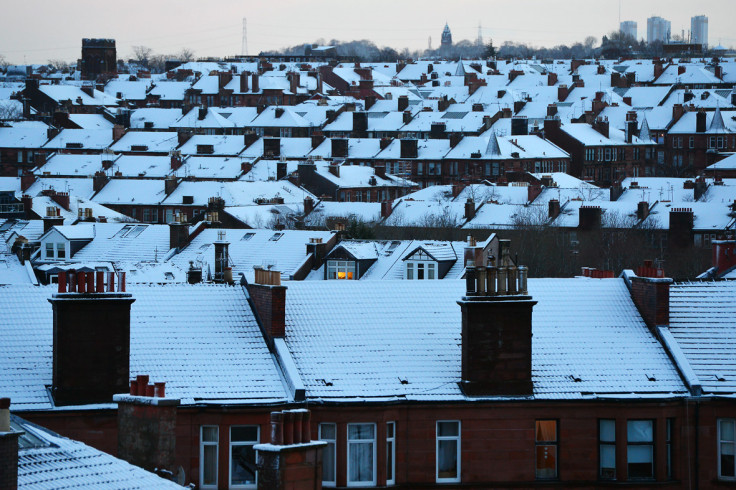UK weather forecast: Met Office says predictions of snow are premature

The Met Office has squashed rumours that the UK could see snow soon, saying that there is no unusual weather predicted for the next few weeks. While parts of the Scottish mountains could see some sleet next week, the Met Office has said that there is nothing unusual about this and that snowfall here is normal even as early as October.
While the UK is currently experiencing a slight drop in temperatures, it is only a one or two degrees below the yearly average of 13C. The reason why Britons have felt a lot colder this week is because an easterly breeze has flown in from across the continent after a relatively mild period of temperatures and an especially warm summer.
A spokesperson for the Met Office told IBTimes UK: "We're not expecting anything out of the ordinary. All it is, is a couple of degrees colder. There's no truth in the rumours that we're going to see widespread snow."
Even if temperatures do drop lower, the UK is currently experiencing high pressure at the moment, which brings settled weather. The Met Office said: "You need rain – at least – to be able to create snow, so it's unlikely that we would see snow. You might see some sleet on the top of the Scottish mountains, if it gets cold enough, but that is not unusual for this time of year in any way, shape or form."
Earlier this year, experts said that Britain would be facing the coldest winter in 50 years, which was due to hit the country "as early as October". However, the freeze appears to have been pushed back with much of October looking mild.
Forecasters fear a repeat of 1963 when the worst winter in history saw temperatures plunge to near -20C in January. According to reports, snow blanketed the country for weeks and the River Thames froze. Speaking of the El Nino's effects on UK weather, Met Office climatologist Dr Doug Smith said in September: "El Nino is one of the most important factors for the UK winter, but it is way too early to tell just how big an impact the phenomenon would have on Britain."
© Copyright IBTimes 2024. All rights reserved.






